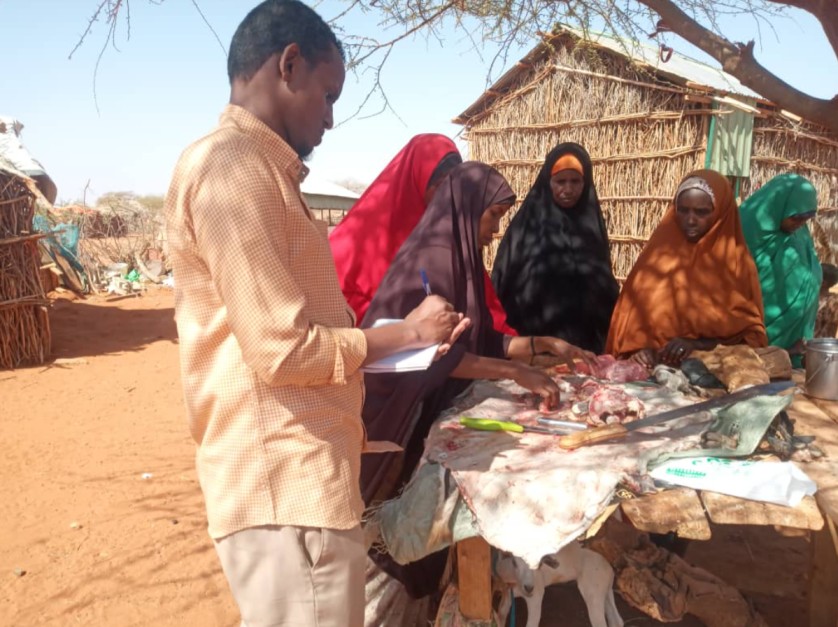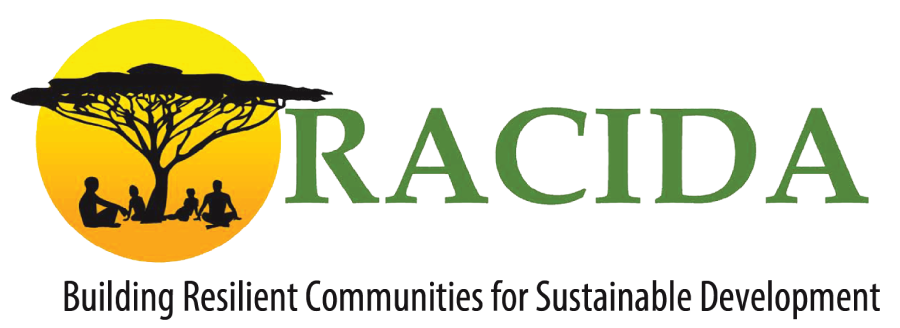
By Maryan Siyad
Maryam Mohamed Abdi, a 45-year-old mother of six children, five girls and one boy, lives in Dhusay village in Dollow district, Within the Gedo region. Like many families who are struggling to recover from recurrent floods over the past two month, life has not been easy for her and her children.
“The floods were very bad. It really affected our lives,” explains Maryam. “Our farms are destroyed. This was our main source of income. Before the cash assistance, we were in a very difficult situation. We barely had enough to live on. I am a widow and this made it even harder for me to bring up my six children,” she continues.
Thanks to RACIDA with the help of Johanniter International Assistance the unconditional cash transfer project has helped to increase the communities’ ability to access food and other household items, things are better now for Maryam and her children. In November 2022, riverine villages in Dollow that were worst affected by flood in the region, where access to food and water reached a critical level, were selected to be recipients of the assistance; Maryam was among those that were selected to benefit from the project.
She was registered in the Cross-border Emergency Relief Project in Dhusay Village of Dollow (Somalia) & Suftu 01 Kebele (Ethiopia)
The unconditional cash transfer intervention, implemented by RACIDA and Johanniter , aims to support vulnerable children and their families and cushion the impact of the floods. One of the main advantages of unconditional cash transfers is that beneficiaries have the freedom to spend aid money on what is best for them, depending on the needs of their families.
“Thanks to Allah, I was included in the programme as one of the people who received $55 USD per month for two months through E-DAHAB Mobile money transfer. This has improved our lives. When I received the cash, I was able to buy food for my children and other essentials, like clothes,” says Maryam. A total of 110 vulnerable households were selected to benefit from the unconditional cash transfer.
Maryam also saved some amount from the cash received and was able to set up a small business in Dhusay village. She opened a butcher shop where she sells goat meat.
“My intention was to have my own source of income to be able to continue to feed my children when the period for receiving the money ends,” says Maryam. She is hopeful that with the help she received her children have a bright future.
